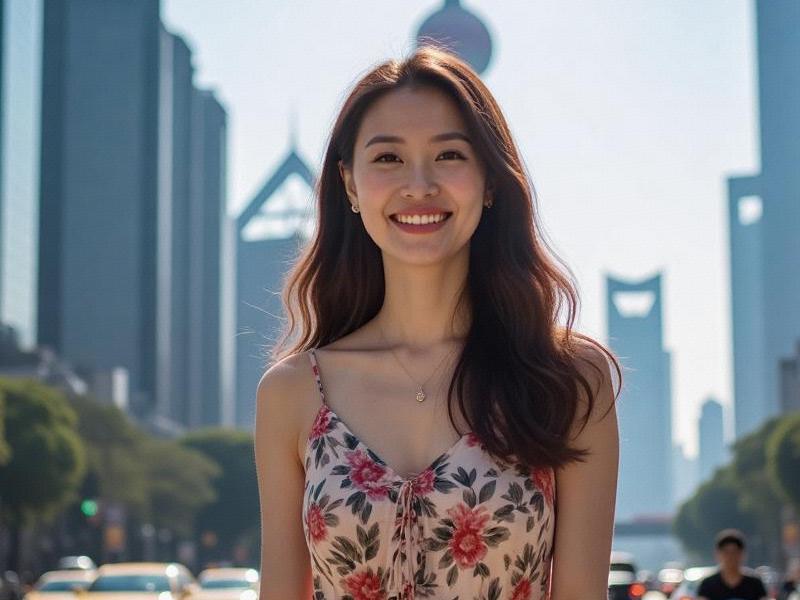This investigative piece explores how Shanghai is balancing rapid modernization with cultural preservation, creating a new model for global cities facing similar identity challenges.

Section 1: The Cultural Paradox
Statistical snapshot:
• 73 historic neighborhoods preserved
• 42 new cultural districts created since 2010
• $2.3B annual cultural industry output
• 68% residents participate in cultural activities monthly
Section 2: Architectural Time Machine
Notable preservation projects:
1. The Bund Conservation Project (2015-2025)
- 52 heritage buildings restored
- Underground museum complex added
- Night illumination system upgrade
2. Shikumen Renaissance
- 8,000 traditional lane houses preserved
- Adaptive reuse as boutique hotels
上海龙凤419是哪里的 - Cultural performance spaces
3. Industrial Legacy Transformations
- Power Station of Art complex
- M50 creative district
- Tank Shanghai art center
Section 3: The Digital Cultural Revolution
Innovative integrations:
• AR-enhanced heritage tours
• Blockchain art authentication
• AI-assisted restoration
• Virtual museum experiences
Section 4: Creative Economy Boom
Thriving sectors:
上海贵族宝贝龙凤楼 - Contemporary art galleries (increase 320% since 2010)
- Independent film production
- Design studios
- Digital content creation
Section 5: Global-Local Fusion
Cultural hybridity examples:
• Modern xiqu (Chinese opera) performances
• Fusion cuisine innovations
• Fashion designers blending traditions
• Cross-cultural theater productions
Section 6: Challenges Ahead
Critical issues:
• Commercialization pressures
• Authenticity concerns
上海喝茶服务vx • Gentrification effects
• Intergenerational transmission
Future Projections
Emerging trends:
- Holographic cultural experiences
- Climate-adaptive heritage sites
- Decentralized creative hubs
- AI-curated cultural content
Comparative Global Perspective
How Shanghai's approach differs from:
• Paris' strict preservation model
• New York's market-driven adaptation
• Tokyo's high-tech integration
• Singapore's planned cultural districts
Shanghai's cultural evolution presents a unique third way between preservation and progress, offering valuable lessons for global cities navigating the tension between heritage and innovation in the 21st century.